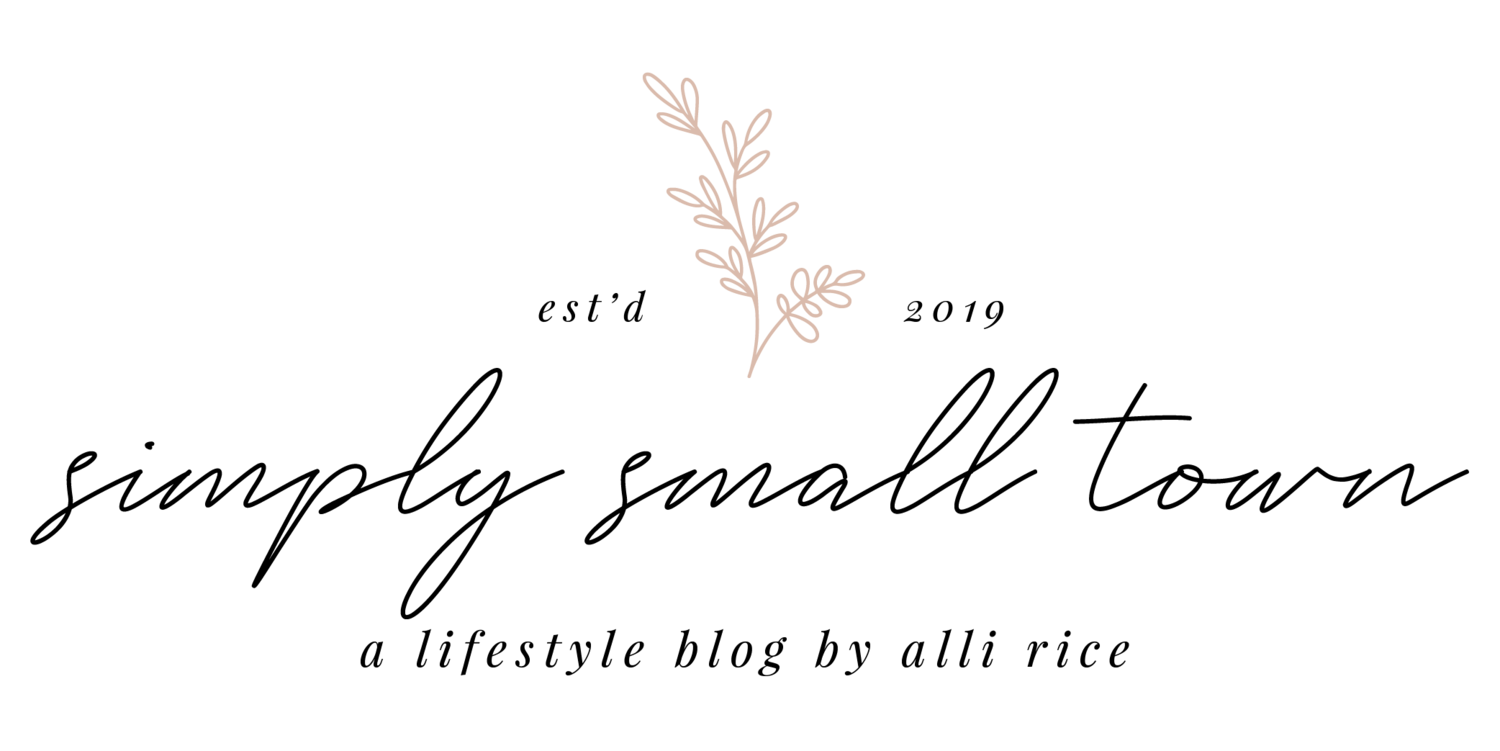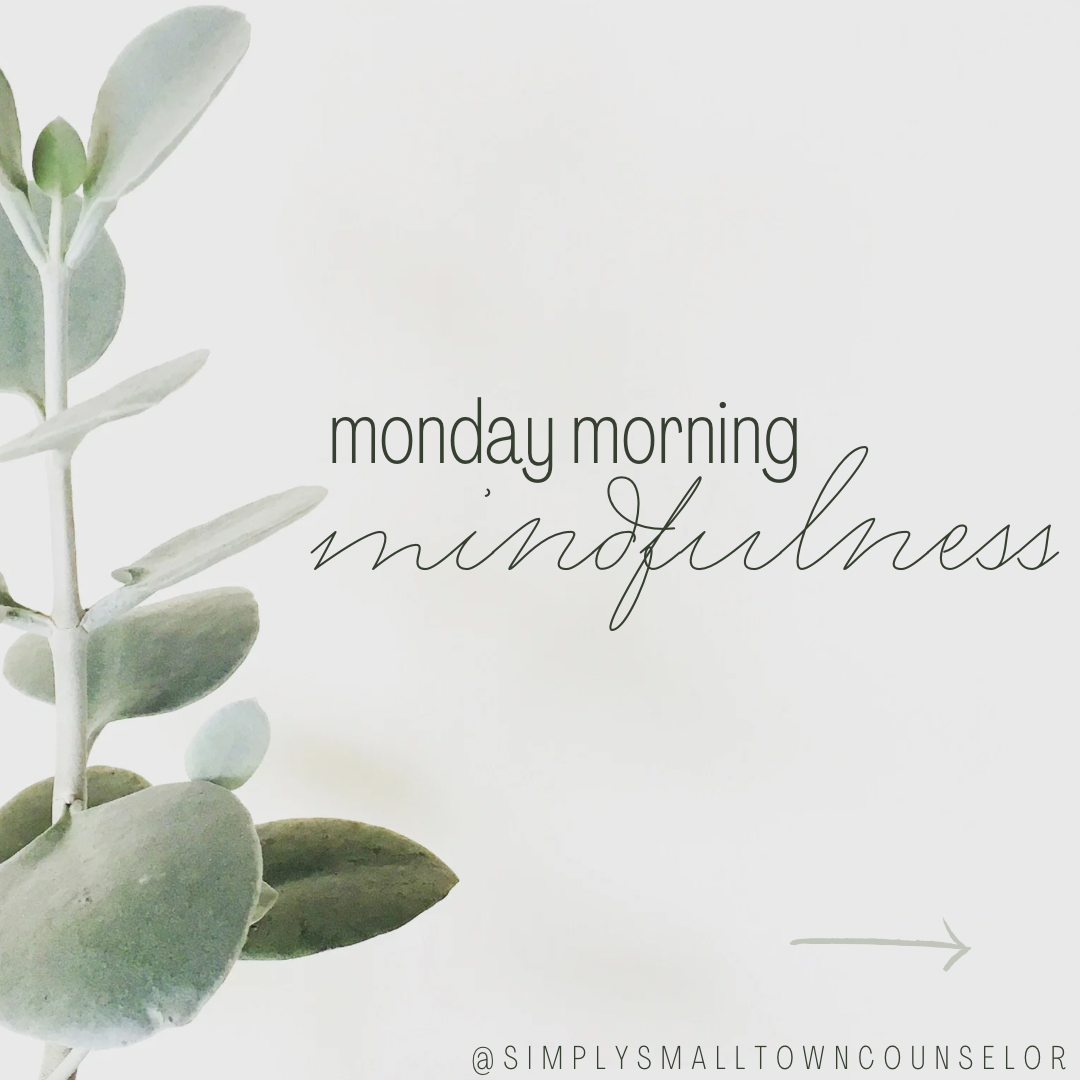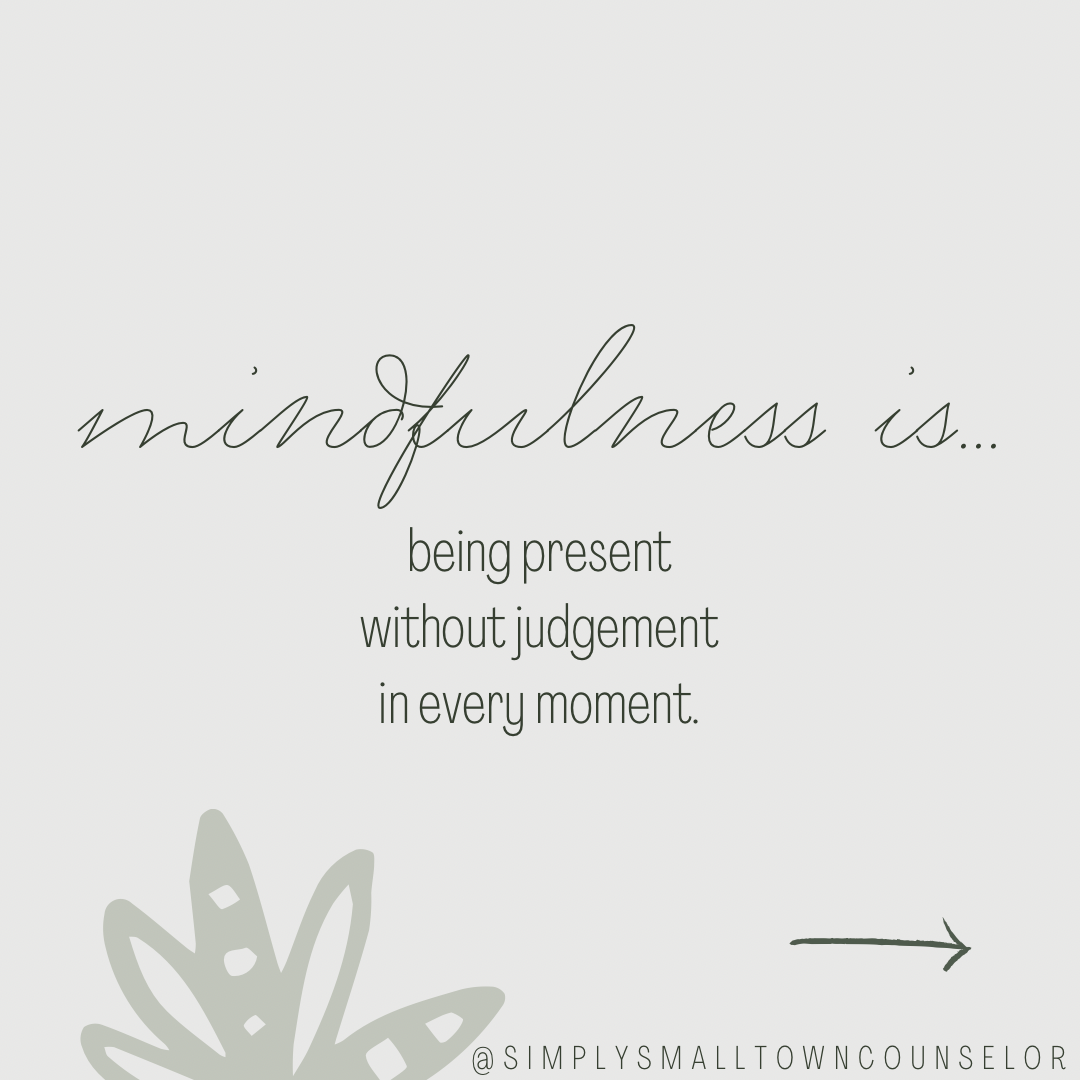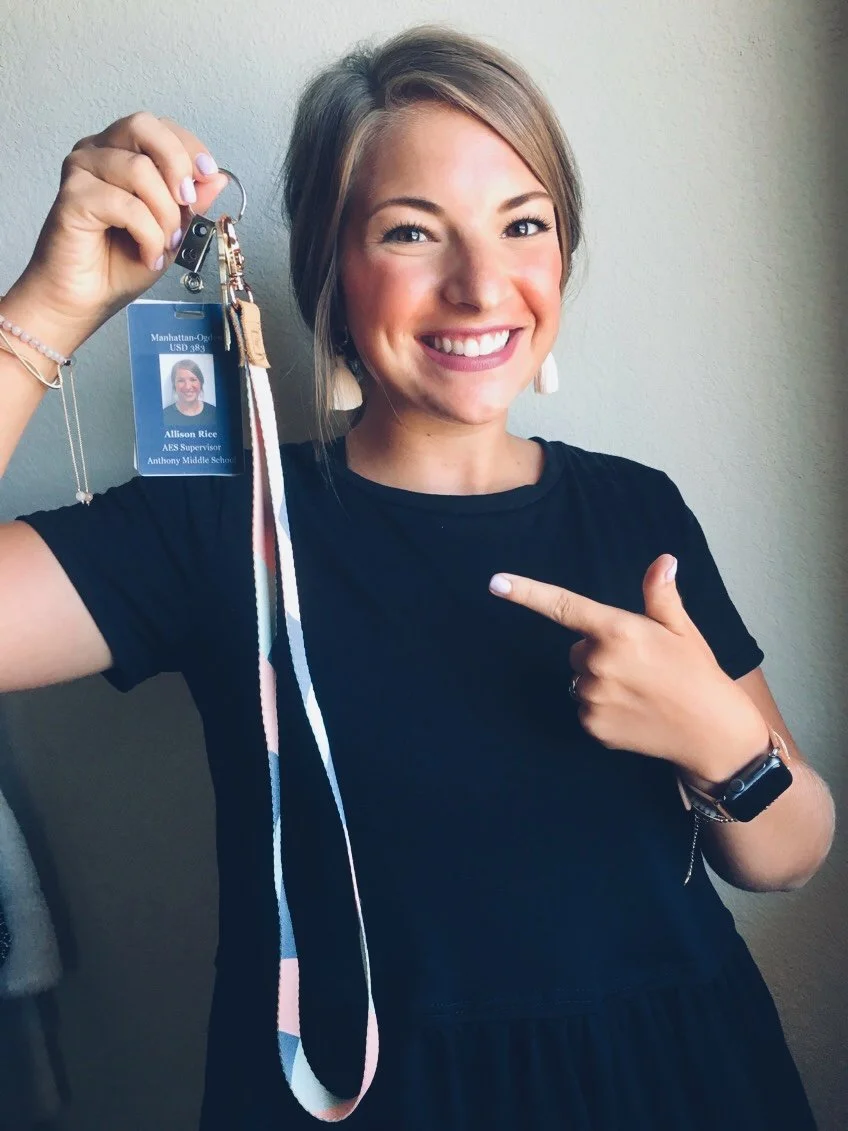monday morning mindfulness: trauma
I am so thankful for this online community & I want to be a little more intentional about chatting about things, encouraging one another, & reminding each other that many of us are probably feeling similar things, or have at different times. These monday morning mindfulness posts are going to be little glimpses into my heart & life: the good, the bad & the ugly. So much can be learned from different experiences, especially when you are practicing mindfulness.
With all of that being said, today’s topic is: trauma.
I wrote this post back in February of 2021 & just never got around to posting it… so here goes!
All throughout high school when people would ask me the question "what do you want to be?" I would always respond with, "I don't know, but I want to help people." I didn't know what this looked like for me. I don't really like blood or sickness, so being a doctor or a nurse definitely wasn't the job for me. I don't really like being in charge of big groups so teaching wasn't the job for me (although I absolutely LOVED being a 2nd grade aide my senior year of high school — thanks Mrs. Higgins for being such a great role model). When I got to college, I decided to major in Social Work because that seemed like the perfect degree that someone who "just wants to help people" should get, right? I ended up absolutely loving my social work classes & became very close to a lot of my classmates (shout out to the KSU Social Work Class of 2019). But the most pivotal moments for me happened my senior year of college when I did my undergraduate social work practicum at a 5A middle school.
This middle school consisted of around 500 seventh & eighth graders. Just the numbers themselves were pretty eye-opening to me as I come from a very small town with less than 400 students in the whole district! Because of the college campus located in Manhattan, it is a hub for many people to come to as there are a lot of different job opportunities. Manhattan is also close to Fort Riley so they get a lot of students from all around the world. As you can imagine, the diversity that I was exposed to at this middle school was unlike anything I'd been exposed to before (coming from my itty bitty hometown). After I completed my social work practicum, I took a job at that same middle school as their AES (Alternative Education Setting) Supervisor. My job was to work with the students who received ISS (In School Suspension), lunch detention, etc. You can imagine the types of conversations I was having on a daily basis.
Here is a major throwback to the beginning of my “first day of school pictures” starting with my AES Supervisor job!
So where am I going with this whole thing? Good question. I'm going to the ACEs Quiz.
Have you ever heard of the ACEs Quiz? ACEs stands for Adverse Childhood Experiences. Basically, it's a quiz consisting of ten questions that rate your childhood based on abuse, neglect & household dysfunction. Answer yes to a question, you get one point. The higher the score, the rougher the childhood & the higher the risk for developing health problems later in life. The questions are listed below. I encourage you to read through them & see what your score is. I'll warn you, some questions are difficult to read, but we must acknowledge the fact that for some people, it is their reality.
Did a parent or other adult in the household often or very often... Swear at you, insult you, put you down, or humiliate you; or act in a way that made you afraid that you might be physically hurt?
Did a parent or other adult in the household often or very often... Push, grab, slap, or throw something at you; or ever hit you so hard that you had marks or were injured?
Did an adult or person at least 5 years older than you ever... Touch or fondle you or have you touch their body in a sexual way; or attempt or actually have oral, anal, or vaginal intercourse with you?
Did you often or very often feel that... No one in your family loved you or thought you were important or special; or your family didn't look out for each other, feel close to each other, or support each other?
Did you often or very often feel that... You didn't have enough to eat, had to wear dirty clothes, & had no one to protect you; or your parents were too drunk or high to take care of you or take you to the doctor if you needed it?
Were your parents ever separated or divorced?
Was your mother or stepmother: often or very often pushed, grabbed, slapped, or had something thrown at her; or sometimes, often, or very often kicked, bitten, hit with a fist, or hit with something hard; or ever repeatedly hit over at least a few minutes or threatened with a gun or knife?
Did you live with anyone who was a problem drinker or alcoholic; or who used street drugs?
Was a household member depressed or mentally ill; or did a household member attempt suicide?
Did a household member go to prison?
Childhood trauma is a topic that is extremely close to my heart. This is because many (if not all) of the students who come to my classroom have experienced this on some level. They show up carrying a lot of baggage & it's not just what's in their backpacks. These students deserve more.
So if you're thinking, "oh this isn't a problem where I live,” I'm sorry to tell you, but you're wrong. It's not that there are no children around you who have experienced childhood trauma, it's that you're not seeing it. Sometimes it's not as plain as a child telling you what exactly has happened to them. Sometimes their trauma can come out in behaviors that resemble ADHD. If you're thinking, "well, what could I do about it anyway?" I'll tell you: be aware & be there. Be aware of different people around you & what they might be going through/have gone through. & then, be there for them — whatever that looks like. Whether that's listening to them, sitting with them, or even, simply smiling at them in passing. Be an advocate for these children who need help. Be aware & be there.
So why did I choose to write a whole post about childhood trauma? Another good question. The answer? Because it matters. & these children matter. & the science behind the ACEs Quiz matters.
"When you understand this science, you want to shout it from the rooftops." - Dr. Nadine Burke Harris
If you're interested in hearing more & about what struck my heart to create this post, check out this TedTalk from Dr. Nadine Burke Harris here.
If you've stuck with me this far & you have thoughts/questions/complaints, PLEASE reach out! You can do so via the comment section below, or even message me on Instagram or Facebook. I would love to talk with you about this topic & see where you're at. Again, thanks for reading & for letting me share a big piece of my heart with you!




